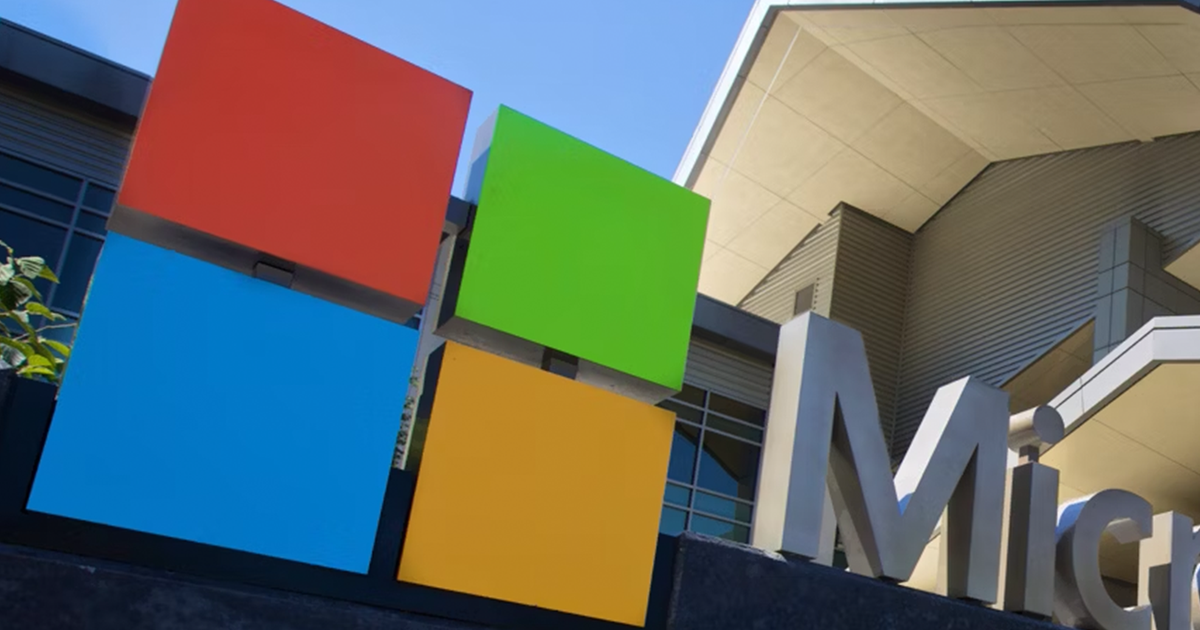FTC’s Retreat: An End to the Microsoft-Activision Blizzard Saga
Introduction
The Federal Trade Commission (FTC) has officially conceded defeat in its legal battle to prevent Microsoft’s acquisition of Activision Blizzard. This marks the end of a protracted and closely watched antitrust challenge that had significant implications for the future of the video game industry. The FTC’s decision to drop the case signals a major victory for Microsoft and Activision Blizzard, paving the way for the two companies to fully integrate their operations.
Background of the Merger
On January 18, 2022, Microsoft announced its intention to acquire Activision Blizzard for $68.7 billion, a deal that would later be finalized at $75.4 billion. This acquisition would bring under Microsoft’s umbrella a vast portfolio of popular game franchises, including “Call of Duty,” “World of Warcraft,” “Overwatch,” and “Candy Crush.” The merger aimed to bolster Microsoft’s position in the gaming market, enhancing its Xbox Game Pass subscription service and expanding its reach in cloud gaming.
FTC’s Initial Concerns
The FTC, under the leadership of Chair Lina Khan, expressed concerns that the acquisition would harm competition in the gaming industry. The agency argued that Microsoft could leverage its control over Activision Blizzard’s games to stifle competition, particularly in the console and cloud gaming markets. The FTC worried that Microsoft might make “Call of Duty,” a highly lucrative franchise, exclusive to the Xbox platform, disadvantaging rival platforms like Sony’s PlayStation.
Legal Challenges and Court Rulings
The FTC’s efforts to block the merger faced a series of legal challenges. In December 2022, the FTC filed a lawsuit seeking to prevent the acquisition, arguing that it violated antitrust laws. The agency requested a preliminary injunction to halt the deal temporarily while its case was being heard.
However, in July 2023, Judge Jacqueline Scott Corley of the U.S. District Court for the Northern District of California denied the FTC’s request for a preliminary injunction. The court found that the FTC had failed to demonstrate a likelihood of success on its claim that the merger would substantially lessen competition. Judge Corley noted that Microsoft had made commitments to continue offering Activision games on other platforms and cloud gaming services.
Appeal and Subsequent Dismissal
Undeterred, the FTC appealed the district court’s decision to the 9th U.S. Circuit Court of Appeals. However, in May 2025, the appeals court dismissed the FTC’s legal challenge, upholding the lower court’s ruling. The court found that the FTC had not presented sufficient evidence to justify blocking the merger.
FTC’s Decision to Abandon the Case
Following the appeals court’s dismissal, the FTC announced that it would discontinue its case against the Microsoft-Activision Blizzard acquisition. The agency stated that pursuing the case further would not be in the public interest, given that the deal had already been finalized and the legal challenges had been unsuccessful.
Reasons for the FTC’s Defeat
Several factors contributed to the FTC’s defeat in its attempt to block the merger:
- Lack of compelling evidence: The FTC struggled to present convincing evidence that the merger would substantially harm competition. Microsoft’s commitments to continue offering Activision games on rival platforms and cloud gaming services weakened the FTC’s argument that the acquisition would lead to anticompetitive behavior.
- Court skepticism: The courts expressed skepticism about the FTC’s claims, finding that the agency had not demonstrated a likelihood of success on its antitrust claims. Judge Corley’s ruling emphasized that the FTC had not provided adequate reason for halting the buyout.
- Microsoft’s concessions: Microsoft made several concessions to address regulatory concerns, including offering to offload its cloud gaming support for Activision Blizzard’s games to Ubisoft for ten years to appease the UK’s Competition and Markets Authority (CMA). These concessions weakened the FTC’s case by demonstrating Microsoft’s willingness to mitigate potential anticompetitive effects.
- Changing market dynamics: The gaming industry is rapidly evolving, with the rise of cloud gaming and subscription services. The courts may have been hesitant to block a merger that could potentially foster innovation and competition in these emerging markets.
Implications of the Merger
The completion of the Microsoft-Activision Blizzard merger has several significant implications for the gaming industry:
- Increased competition: The merger creates a stronger competitor in the gaming market, challenging the dominance of Sony’s PlayStation. Microsoft’s enhanced gaming portfolio and expanded reach in cloud gaming could lead to increased competition and innovation.
- Expanded Xbox Game Pass: The acquisition is expected to significantly boost the value of Microsoft’s Xbox Game Pass subscription service. The addition of Activision Blizzard’s popular games will make Game Pass more attractive to gamers, potentially driving subscription growth.
- Cloud gaming growth: Microsoft’s commitment to cloud gaming could accelerate the adoption of this technology. By offering Activision Blizzard’s games through its cloud gaming service, Microsoft could attract more gamers to cloud gaming and drive its growth.
- Future of “Call of Duty”: The fate of the “Call of Duty” franchise has been a major point of contention. While Microsoft has committed to continuing to offer “Call of Duty” on PlayStation, the company could potentially offer exclusive content or features on the Xbox platform, giving it a competitive advantage.
Regulatory Response
The Microsoft-Activision Blizzard merger faced scrutiny from antitrust regulators around the world. While the FTC and the CMA initially opposed the deal, other regulatory bodies, such as the European Commission and China’s State Administration for Market Regulation (SAMR), approved the acquisition with certain conditions.
The European Commission, for example, approved the merger after Microsoft agreed to several concessions, including licensing Activision Blizzard’s games to cloud gaming services. The Commission concluded that the merger would not significantly harm competition in the European gaming market.
Conclusion: A New Era for Gaming
The FTC’s concession in the Microsoft-Activision Blizzard case marks the end of a significant chapter in the history of the gaming industry. The completion of the merger signals a new era of competition and innovation, with Microsoft poised to challenge Sony’s dominance in the console market and drive the growth of cloud gaming. While the FTC’s concerns about potential anticompetitive effects were not unfounded, the courts ultimately sided with Microsoft, finding that the agency had not presented sufficient evidence to justify blocking the deal. As the gaming industry continues to evolve, it remains to be seen how the Microsoft-Activision Blizzard merger will shape the future of gaming and the competitive landscape.

